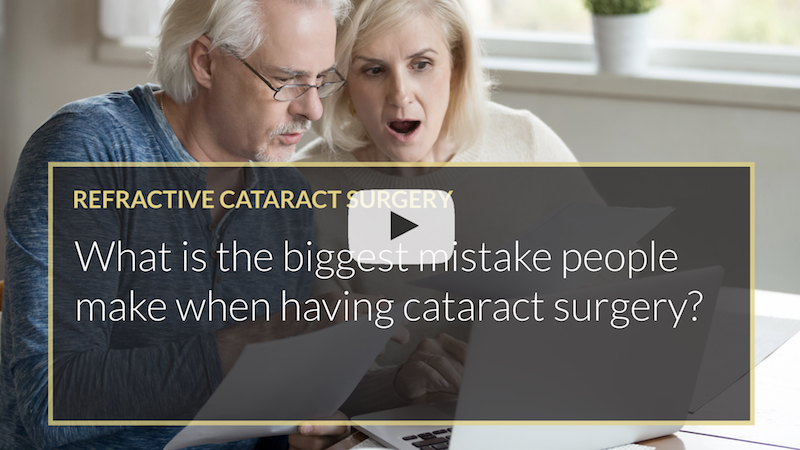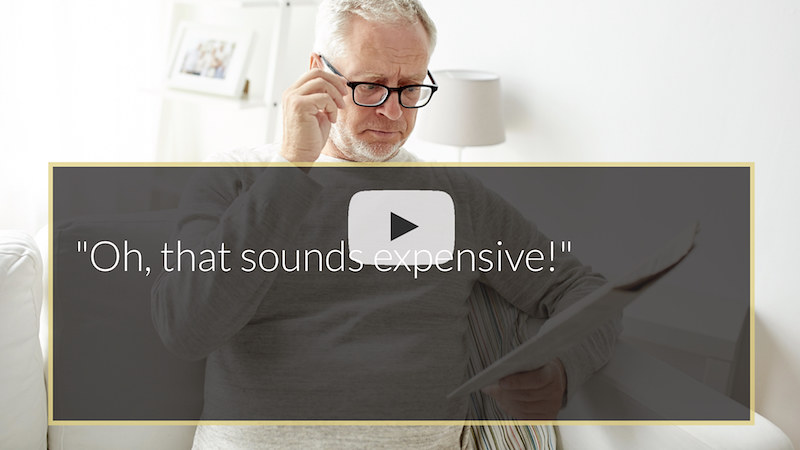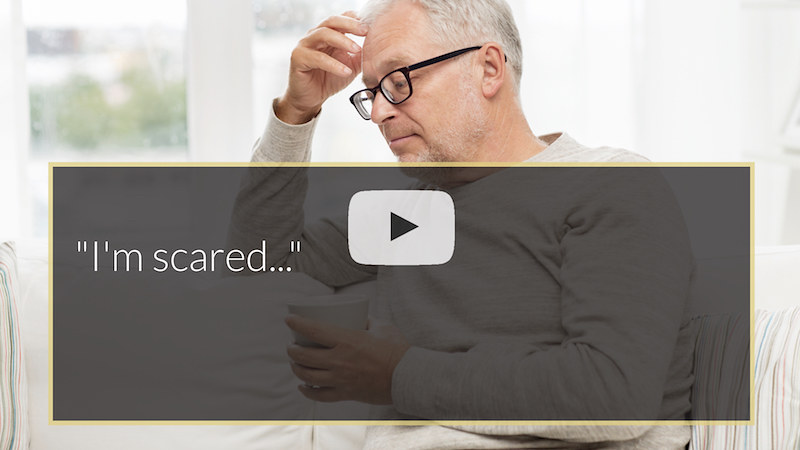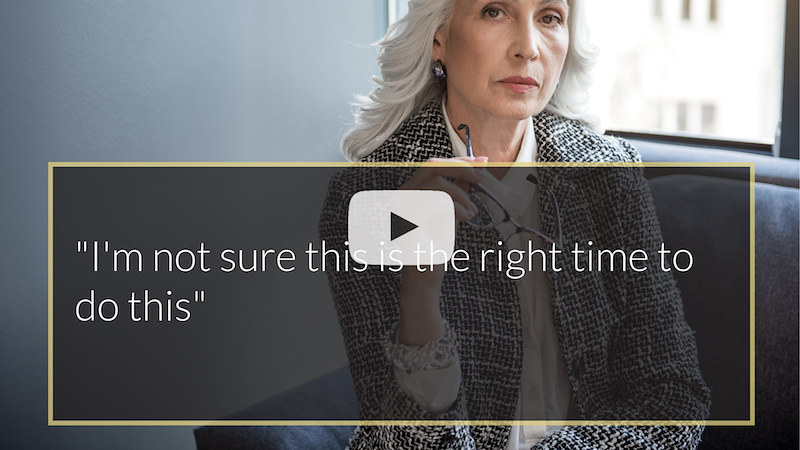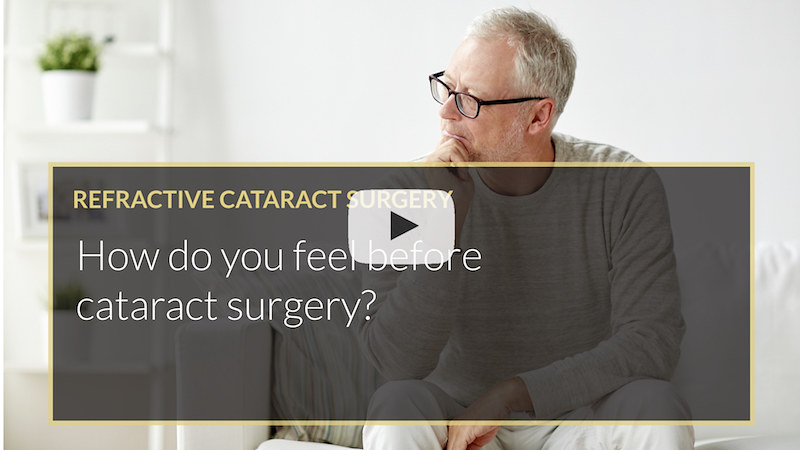
IN THIS VIDEO PROF MOHAMMED MUHTASEB SHARES HOW HIS PATIENTS FEEL BEFORE CATARACT SURGERY
How do you feel before cataract surgery?
People who have a cataract, usually relay several symptoms, but there’s a typical pattern.
The first thing is that a cataract is a clouding of the natural lens that is located inside the eye. It’s not a film growing on the front of the eyes as some people imagine it to be. Therefore, the natural crystalline lens inside the eye is a clear structure that lets light through and focuses the light on the retina. Over time, that lens can lose clarity, and that’s a gradual process. This can have the effect of allowing less light into the eye, and it can cause the light to scatter in different directions. The kind of symptoms people notice is dazzle and glare from lights. It can be especially noticeable when people are driving at night. The lights of other cars and street lights can have a dazzling effect or halos around them.
People sometimes describe a foggy, misty, cloudy quality to the vision.
As cataracts progress with the symptoms, people will often say that they don’t recognise people coming towards them on the street or they don’t see the numbers of buses until they’re right in front of them. Also when they’re driving, they can’t see the road signs until they’re right up close to them.
Don’t let post-COVID cataract queues delay you from getting the treatment you need. Book a call with Cat today
Speak with us over the phone, and get a clear answer on your cataract surgery options from the comfort of your home. You’ll also discover the little known possibility of fixing your reading and/or distance vision at the same as you fix your cataracts. Book your call above today.
People sometimes say that they don’t recognise people on the streets. Someone will wave to them, and they don’t recognise them, they walk past, and their friends will say, “Oh, why did you ignore me?” or, “Didn’t you see me yesterday on the High Street?”
There’s a general clouding and fogging of the vision, dazzle and halo effect. People also say that their close vision is affected. They find it more difficult to read. The letters can start to get jumbled up and cloudy, or they can get shadows and ghosts next to objects. Things like watching TV also become difficult.
People say that the quality of the television screen isn’t good and that the subtitles or the little headlines on the news channels, as they roll along the bottom of the screen, aren’t so clear. These are the typical symptoms that people describe.
People sometimes describe more specific symptoms according to their activities or hobbies or leisure interests.
You might say that someone who enjoys golf, either can’t quite see where the ball is to tee off, or when they tee, they can’t see where the ball has travelled or where it’s landed. Other people might describe difficulty with other hobbies.
I get quite a lot of patients who enjoy walking in the countryside; rambling, and some people enjoy the water facilities in South Wales such as sailing. They will say that they can’t quite read the maps if they’re rambling or orienteering, or the dials on their boats. Some symptoms can be quite specific. They’re not able to function as independently and as fully as they used to.
The other thing that people who’ve got cataracts, tell me, is that they feel more dependent on other people. They feel that they’re less able to undertake their normal daily activities and tasks. Even simple things such as driving, or being borderline on the driving standard, or losing confidence in crossing the road or walking up and down steps. Therefore, people generally feel quite restricted in their life and maybe feel as though physically, they can’t do what they need to do. Visually, they’re impacted and lose some of the confidence or the visual ability to perform those functions. So life generally becomes a little bit less fun; a little bit less enjoyable.
When people are less able to perform their hobbies – for example, people that do arts and craftwork – life becomes a little bit less fun and a little bit less enjoyable. That makes the results of the surgery much more rewarding for the patients – and me – when we restore their vision.
I invite you to book a consultation to determine your suitability for refractive cataract surgery or refractive lens exchange. It’s the only way to determine your suitability for these procedures and to have an in-depth discussion regarding the risks and benefits of each of them. I look forward to seeing you there and taking you through the journey to achieving your desired postoperative outcome.
Share This Story, Choose Your Platform!
ABOUT THE EXPERT
Prof Mohammed Muhtaseb, FRCOphth
Consultant Cornea, Cataract and Refractive Surgeon
iLase is the private practice of Consultant Ophthalmic Surgeon, Prof Mohammed Muhtaseb. Based in South Wales, he is one of the very few ophthalmologists working in the UK who is a fellowship-trained specialist in Cornea, Cataract and Refractive Surgery. He holds full specialist registration with the General Medical Council and was appointed as a Consultant in the NHS in 2006.

